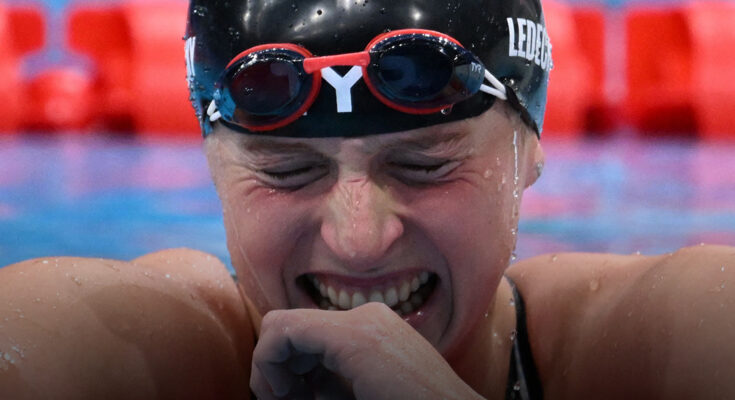- Olympic medalist Adam Peaty slammed China’s gold win at the ongoing Paris 2024 Olympic Games.
- His remarks come after reports that World Aquatics officials turned a blind eye to a very suspicious misconduct at a previous international sporting event.
- Athletes alike have also weighed in on the heavily controversial scandal that has dominated headlines of late, with one calling for a lifetime ban for those going against the rules.
The Paris 2024 Olympic Games have faced their share of controversy, with a recent incident emerging from a swimming competition. British swimmer Adam Peaty has accused some of his fellow athletes of cheating, following alarming reports of misconduct at a prior event. He described the situation as a “fraud.”
Adam Peaty is an Olympic medalist who won gold at the 2016 Summer Olympics and the 2020 Summer Olympics in 2021. These achievements made him the first English swimmer to retain the title in two Olympics in a row.
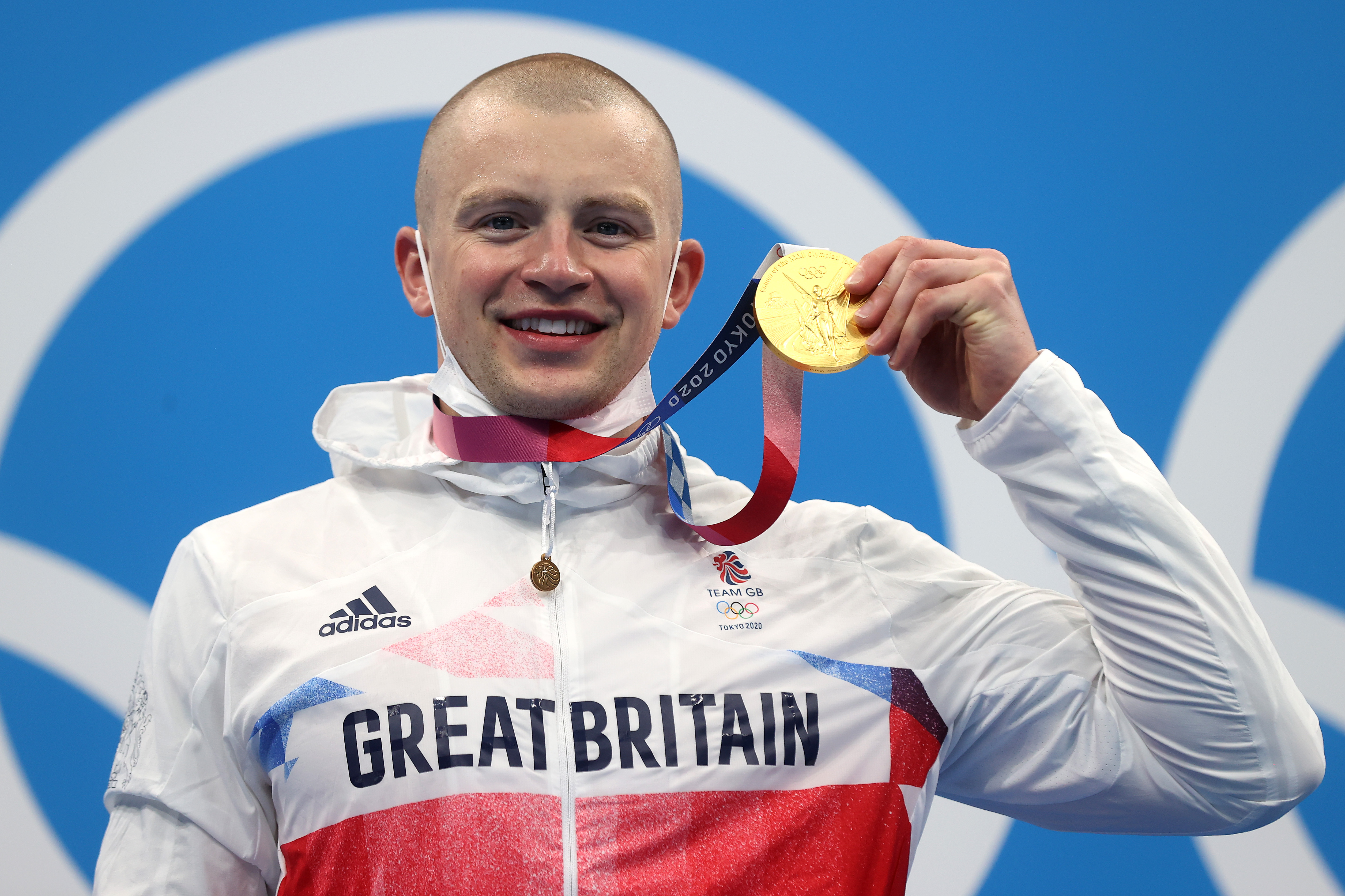
Adam Peaty poses with the gold medal for the Men’s 100m Breaststroke Final at the Tokyo 2020 Olympic Games on July 26, 2021, in Tokyo, Japan. | Source: Getty Images
For his performance at the Paris 2024 Olympic Games, he hoped to win a third gold medal. Had he accomplished his goal, he would have matched American swimmer Michael Phelps’s record of being the only male swimmer to have three gold medals.
However, Peaty only secured a silver medal in the 100m breaststroke final at the Paris Olympics. He finished second behind Italy’s Nicolò Martinenghi, who won gold.
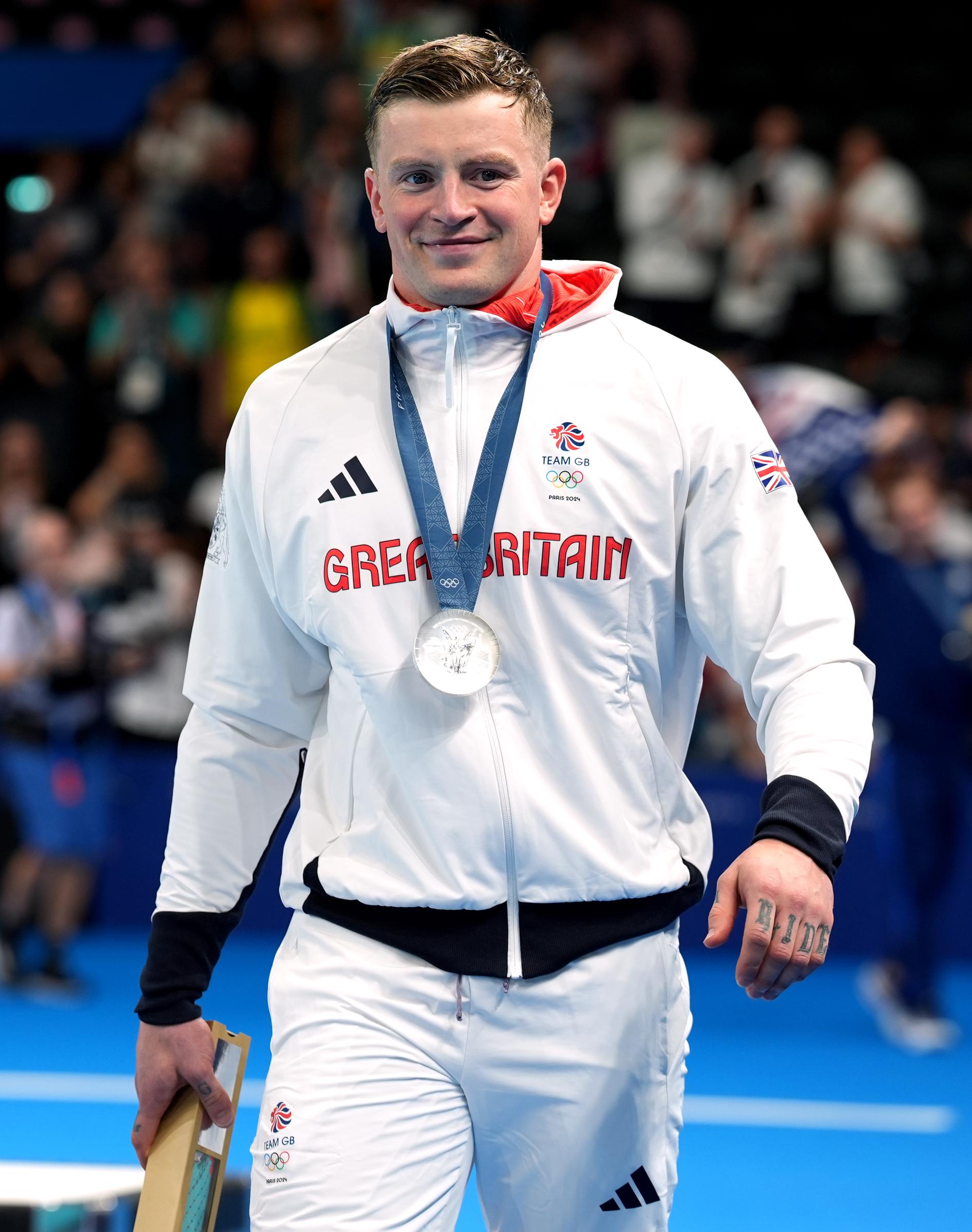
Adam Peaty with his silver medal following the Men’s 100m Breaststroke Final at the 2024 Paris Olympic Games on July 28, 2024, in Paris, France. | Source: Getty Images
The swimming competition ended on August 4, 2024, with China winning the relays. Chinese swimmers Pan Zhanle, who won a gold medal in the finals, and stalwart Zhang Yufei, led their nation to 12 Olympic medals at the Paris Olympics.
However, Peaty criticized their victory in the 4x100m race, saying, “There’s no point winning if you’re not winning fair.” His remarks come after reports of misconduct at the Tokyo 2020 Olympic Games which officials swept under the rug until the news became public in April 2024.
Two Chinese nationals involved in the scandal competed at the Paris Olympics alongside Peaty. When asked during an interview whether he believes it was a fair competition while racing them, he said it was irrelevant during the race.
However, he pointed out that it is the officials’ job to handle such cases so that athletes do not have to intervene. “We have to do a better job for the next generation and for the fans and the coaches and everyone involved,” said the three-time Olympic champion.
“I think the lack of transparency is very disappointing. Firstly, from the World Anti-Doping Agency, (WADA), very suspicious,” Peaty expressed. Known for his outspoken nature, emphasized the challenges faced by athletes who compete fairly.
He expressed his desire to prevent a situation where individuals evade accountability, labeling it as fraudulent not only to the competitors but also to the spectators. Peaty called for stricter accountability, stressing the need for improvement among those responsible for enforcing rules.
While acknowledging the presence of many remarkable individuals in the sport, he highlighted the importance of transparency in maintaining trust, especially in the upcoming Olympic Games.
Another athlete, Caeleb Dressel, commented on the scandal when asked whether he believed the international sporting event would be drug-free. “No. Not really,” he said ahead of the competition.
“I don’t really think they’ve given us enough evidence to support them in how those cases were handled,” the seven-time gold medalist added. As the controversy hogs headlines, Michael Phelps also had a lot to say about the debacle.
He even suggested stricter sanctions – including a lifetime ban for athletes who test positive for doping. “If you test positive, you should never be allowed to come back and compete again, cut and dry,” Phelps said.
In 2021, 23 Chinese swimmers tested positive for the banned substance trimetazidine (TMZ). Instead of reporting this publicly, the governing decided to remain mum about the findings and therefore, there were no repercussions for those involved.
The retired swimmer reiterated his statement, saying the Chinese swimmers should have never been allowed to compete in the Tokyo or Paris Games. Nine of them won medals – several as part of relay teams in the Paris Games.
Meanwhile, WADA and World Aquatics did acknowledge that the said swimmers tested positive for doping ahead of the Tokyo Games. The governing bodies accepted the Chinese explanation that their positive results were due to the tainted food the team consumed.
China’s anti-doping regulator confirmed positive tests among its swimmers. The report stated that the athletes unknowingly consumed minimal amounts of a prohibited substance and concluded that no disciplinary measures were necessary.
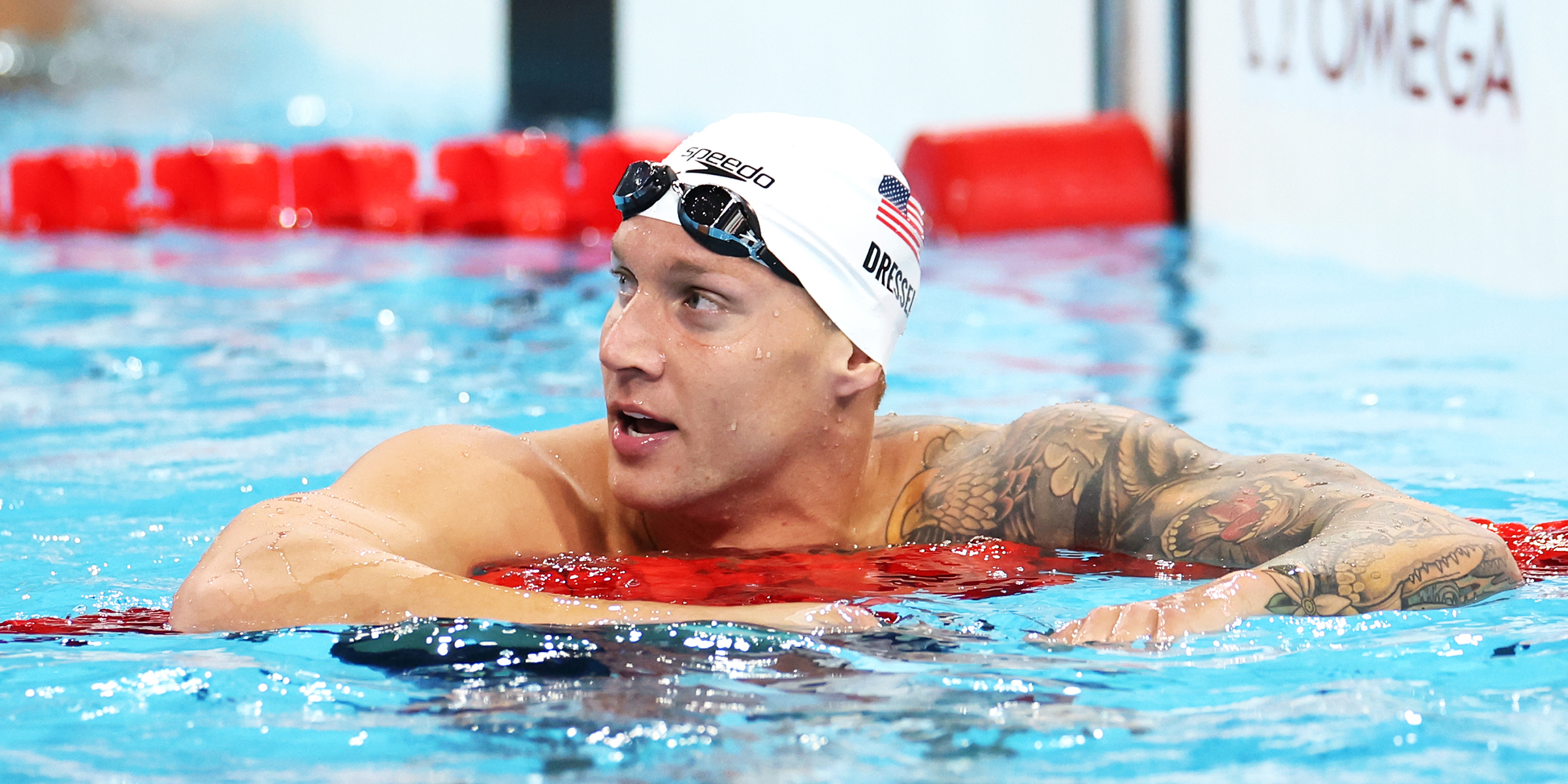
Why Did Users Criticize Swimmer Caeleb Dressel, Whom They Have Always Admired, during the 2024 Olympics? Here’s the Explanation
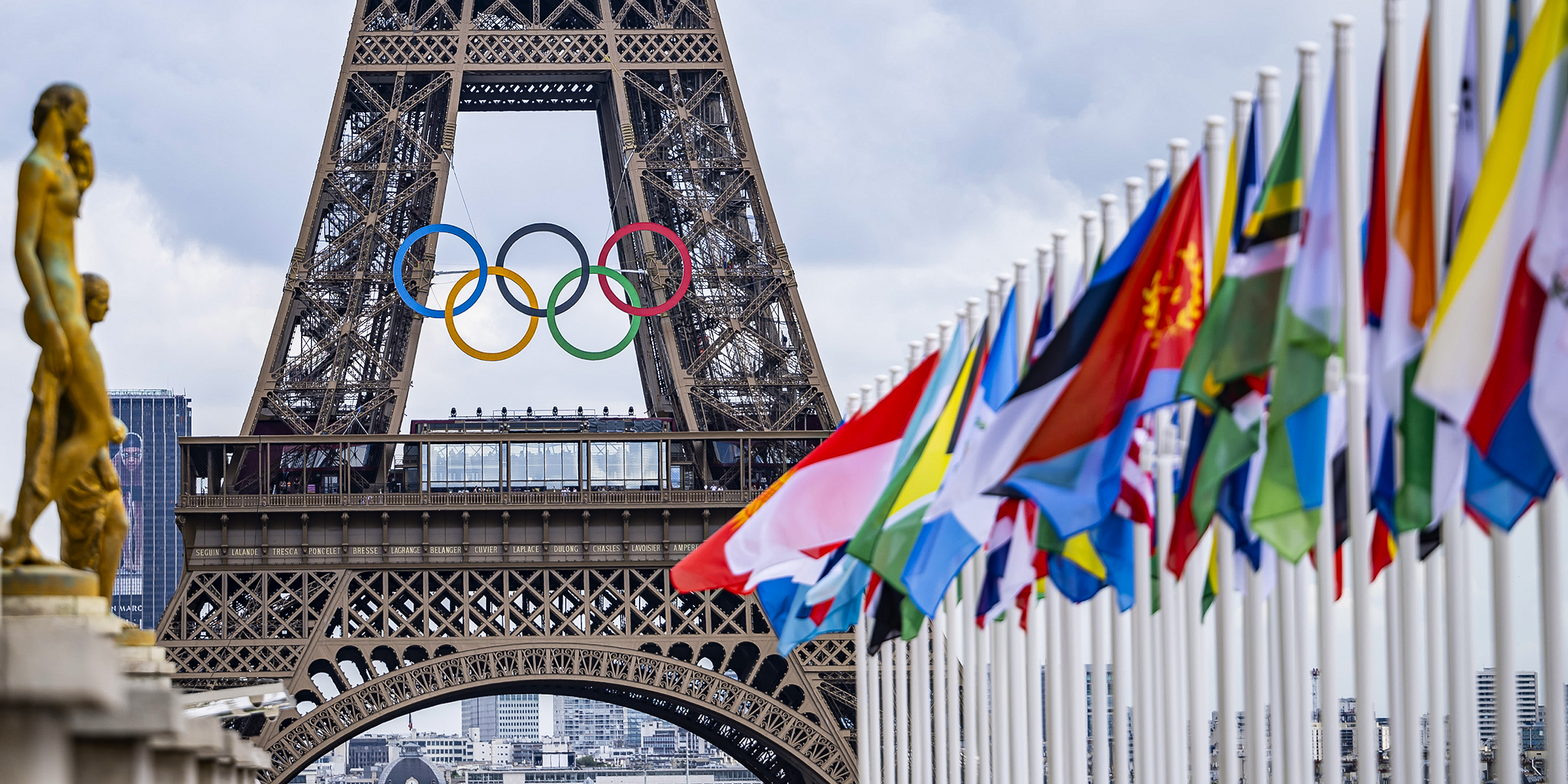
5 Controversial Outcomes at the 2024 Olympic Games – What Happened?
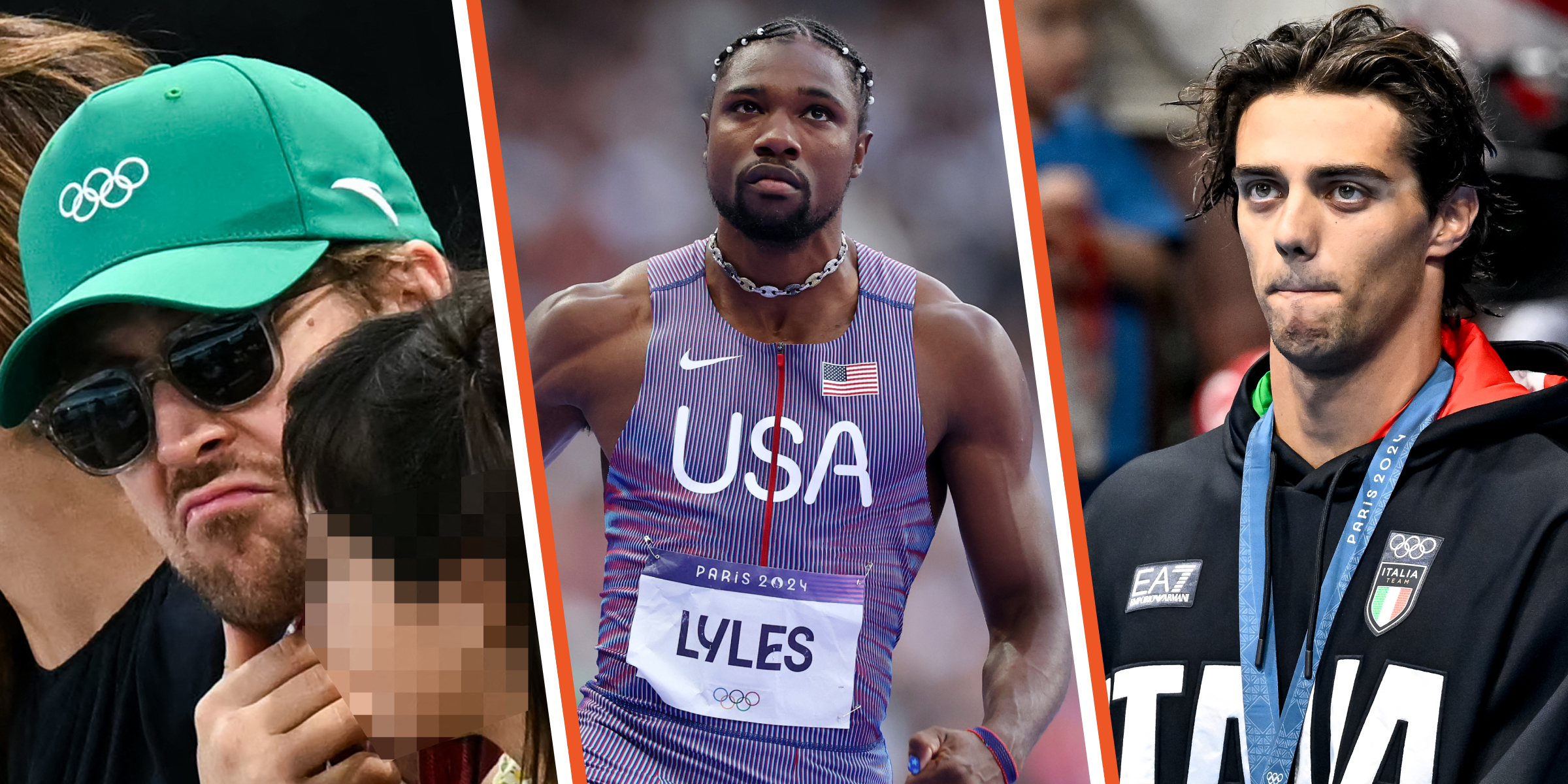
Olympic Week in 5 Viral Headlines: Ryan Gosling’s ‘Irritating’ Outing, Noah Lyles’ Debated Win, Thomas Ceccon Sleeping Outside, & More
An examination by The New York Times revealed this previously undisclosed incident has caused significant controversy within the antidoping community, highlighting ongoing concerns about China’s history with doping violations.
Experts, including American officials, argued that the implicated swimmers should have been suspended or publicly named pending a thorough investigation. They indicated that the responsibility for this oversight lies with Chinese sports authorities, World Aquatics, and WADA.
Despite an email between a Chinese antidoping official and a senior world swimming official suggesting a possible infraction, and a need for public acknowledgment, these authorities chose not to take further action.
Even though national and international anti-doping officials provided WADA with intelligence pointing to a potential cover-up and doping by Chinese swimmers, the agency declined to pursue the matter. WADA defended its decision, citing a lack of credible evidence to contradict China’s account, and dismissed the criticism as unfounded.
